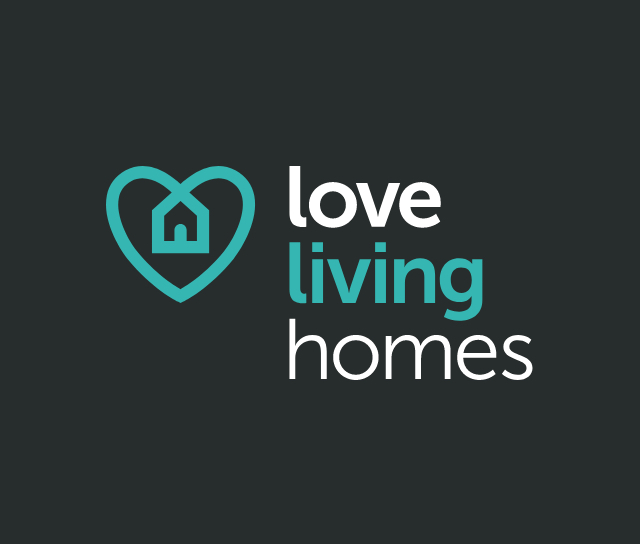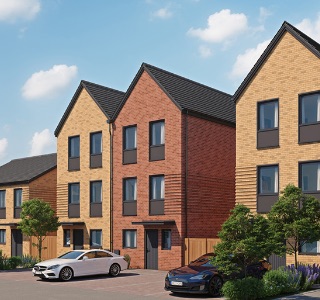External wall fire review
Frequently Asked Questions
In the wake of the Grenfell tragedy in 2017, the government identified hundreds of blocks of flats with cladding it said could carry a greater risk of fire. As a result, the government revised its rules on which materials developers could use when building high-rise blocks more than 18 metres tall in the future.
In December 2019, the External Wall Fire Review (EWS1) process was launched by the banking trade bodies UK Finance and the Building Societies Association (BSA), and the Royal Institute of Chartered Surveyors (RICS).
The EWS1 is a survey that assesses whether a property contains materials that are potentially dangerous, offering clarity to lenders and peace of mind for homeowners and buyers.
The survey originally was recommended solely for blocks 18 metres or taller, but just a month after its launch, the government published revised fire safety guidance, which instructed that some residential buildings below 18m should also receive an EWS1.
If the property you are living in requires an EWS1 you would of now been notified by us.
Since mid-2019 some mortgage lenders have been asking people seeking to buy, staircase or re-mortgage properties in some apartment blocks for independent certification that the building meets new government safety guidelines before agreeing to offer loans on them. This means that in some cases it may not be possible for leaseholders to re-mortgage, staircase or sell their homes until the EWS1 has been conducted and the outcome confirmed.
The outcome of the EWS1 will either be:
- Confirms that there are no combustible materials
- Recommends that remedial works are carried out
Under the new process agreed by the Royal Institute of Chartered Surveyors, UK Finance and the Building Societies Association, building owners must employ a specialist fire engineer to carry out intrusive tests of the building structure. Doing this involves 'opening up' the building and testing all the materials used in its construction to make sure they meet the new guidance.
If this process can be completed conclusively, the results then need to be analysed. Then the building owners need to plan, procure, cost and carry out any work that is needed before the certification requested can be provided. This is a complex and lengthy process. This is also complicated by the limited number of qualified fire experts who are needed to assess buildings, carry out inspections and confirm whether remediation work is required.
We want to do everything we can to support leaseholders whose mortgage application or sales process has been disrupted as a result of the approach that lenders are taking. If you began a sale or remortgaging process which was stopped from progressing by your or your buyer’s lender, we will refund the valuation fee.
If you believe you’re entitled to a refund, please contact us.
We are advising any residents who would like to re-mortgage, staircase or sell their home to seek advice directly from their lender or mortgage broker before beginning this process. There is no further assistance we can provide to aid the transaction of your property during this period, we have no influence over lenders and it may be worth seeking advice directly from them.
Finally, we have amended our sub-letting policy to allow this in properties where it has not been possible for residents to sell.
For more information about this please contact us.
Once again, we would like to apologise for any stress or upset that this situation is causing. We would like to reassure you that your safety is our number one priority, and that we and our sector partners will be working closely with the government to try and find a way forward which supports affected residents.
The EWS1 form must be completed by a fully qualified member of a relevant professional body within the construction industry with sufficient expertise to identify the relevant materials within the external wall cladding and attachments, including whether fire resisting cavity barriers and fire stopping have been installed correctly. There currently is a limited number of qualified fire experts who are able to assess buildings, carry out inspections and confirm whether remediation work is required, therefore has created a backlog.
Housing associations also need to prioritise the important safety work of replacing dangerous cladding first. This is leading to an even greater backlog of work. Unfortunately, in the short-term at least, this means that many building owners (including our own) we cannot provide the certification that mortgage lenders are asking for straight away.
We would like to reassure you that your safety is our number one priority, and that we and our sector partners will be working closely with the government to try and find a way forward which supports affected residents.
It does not automatically mean that a building is unsafe if the owner cannot provide the certification being requested by a mortgage lender, and it is not yet a legal requirement for a building to meet the conditions of the new building safety guidance.
However, lenders may still take the view that if independent certification cannot be provided to demonstrate compliance, they won’t offer a mortgage. We would like to reassure our residents that all of our properties (Town and Country Housing) purpose-built apartment blocks:
- Received Building Control sign-off at the time of build
- Received approval from a licensed warranty provider after they were built
- Have an up-to-date fire risk assessment – we review these regularly and any recommendations are dealt with immediately or put into a programme of work to be completed as soon as possible
Our professional body, the National Housing Federation (NHF), is lobbying Government on behalf of 800 housing associations around the country.
It is calling on the Government to work with mortgage lenders to find a short-term solution that will allow the housing market to operate normally during this period of uncertainty.
In the longer term, the NHF is calling on the government to find a way to fund these building safety works. This is likely to reassure mortgage lenders that the buildings are safe to lend against and will speed up the safety works.
Got another question? Contact us here.



